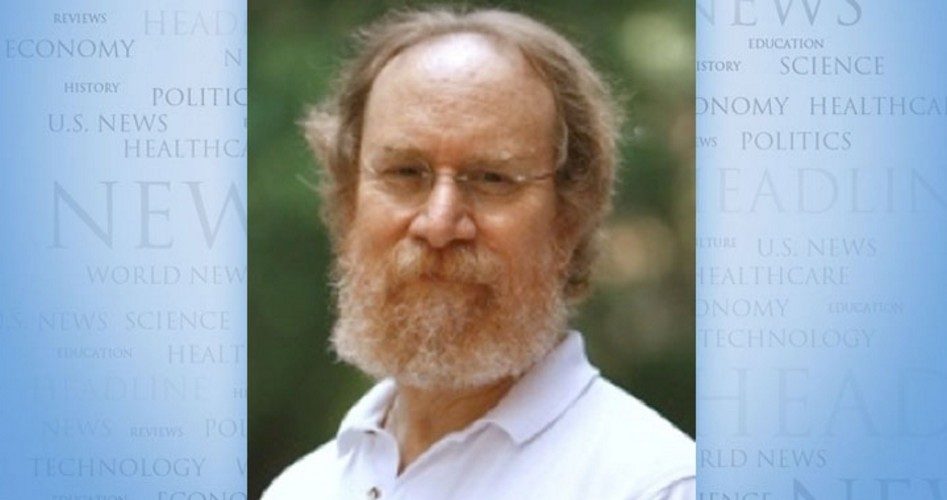
It should finally have dawned on the American people that the politicians who presume to guide the economy have no bloody idea what they’re doing. We’re long past the time when knowledge of economics was required to see that the government is impotent when it comes to creating economic recovery. If you want evidence of that impotence, just look around.
Governments are very good at creating recessions and at impeding recovery. That is the limit of their powers. If you expect something constructive, you’ll be disappointed. Politicians from President Obama on down will promise the moon, but they will deliver only worthless rocks. They will blame everything and everyone for their failures, but their inability to succeed has one source only: the political process — which is founded on force, not peaceful economic cooperation — is singularly inappropriate for creating prosperity.
Between them, Obama and former president George W. Bush directed over a trillion dollars in spending increases and tax cuts toward stimulating the economy. What’s to show for it? A persistent and understated 8.2 percent unemployment rate. If you count the part-time workers who’d rather be full-time, the rate is 14.8 percent. Even that statistic hides a woefully depressed labor-participation rate: under 64 percent. You have to go back to 1981 to find such a low rate. The irony is that people who drop out of the work force in frustration aren’t counted among the unemployed.
The politicians’ approach is flawed at its most basic level. Almost without exception, they promise to “get the economy moving,” as though it were a stalled vehicle. Popular metaphors aside, the economy is not machinery subject to stimulus. It is motivated people engaging in continuous exchanges for mutual benefit.
People make exchanges and investment decisions — or refrain from doing so — on the basis, not only of their values and preferences, but also of their expectations about an inherently uncertain future. These expectations can be clouded or changed by additional uncertainty about what an erratic government will do next, which economic historian Robert Higgs calls “regime uncertainty.” People are less likely to make bold, long-term business decisions, the kind that create jobs and new and better products, if a new tax or regulation — perhaps unveiled next week, next month, or next year — could wipe out a plan’s potential to turn a profit. The world is uncertain enough without having to worry about what harebrained scheme inherently ignorant politicians will think up next.
With regulations on employer-based health insurance, finance, and other matters still to be written, with the Federal Reserve run on the basis of whim, an entrepreneur would be taking a huge risk in undertaking any long-term project. Moreover, with a $15 trillion national debt looming, who knows what tax plan Congress and the president might cook up?
That’s enough to account for the lackluster recovery, if it deserves to be called even that. Yet most pundits, having absorbed vulgar Keynesian economics from teachers and cable-television “authorities,” believe the flaw is in the market process, not the political process — hence their view that if the government would just spend enough borrowed money, all would be well. Spend it how? This is where the incantation “infrastructure” comes in. Repair the roads, bridges, and schools, and unemployment will disappear. Hire the idle construction workers, pay them to do this work, then watch them spend that money and put other people to work. It’s so simple. Government must think big!
It may seem plausible, but it’s wrong. Every penny the government borrows or taxes must first be removed from private purposes. Government is a parasitic organization with no resources of its own, no power of its own to produce. So where’s the gain?
The Keynesians respond that people in the private sector aren’t spending. But that has already been explained: regime uncertainty. And it’s not true that people aren’t spending on consumption. What is lacking is investment. But what investment requires, besides confidence, is savings — which government and the Fed discourage through artificially low interest rates.
We must stop looking to politicians for recovery. The path to prosperity is government retrenchment: the elimination of taxes, regulations, government spending, corporate privileges, and all other barriers to social cooperation.
Sheldon Richman is senior fellow at The Future of Freedom Foundation and editor of The Freeman magazine.


